We are born, and then we die. Death is as natural as birth, and yet, in our modern-day society, we have learned to either fear it, dread it, or at least avoid thinking of it. So, when it happens to a loved one, we often end up feeling stupified, and the event becomes a traumatic experience.
If your beloved has a life-limiting condition, you both might be aware that death could be near. And if their illness is causing them a lot of pain, they might benefit tremendously from hospice care since the hospice team is dedicated to increasing their quality of life during this challenging time.
In this article, we look into:
- Some common end-of-life causes
- The signs of approaching death
- Ways to support your beloved at the end of their life
- How a hospice care team can assist you and your loved one
- What actions need to be taken immediately after a person dies
The passing of your loved one might happen within months, weeks, or days, yet the exact timing can remain uncertain or be determined by many factors. However, knowing what to expect in the final days of life can help you and them prepare for the end of your journey together.
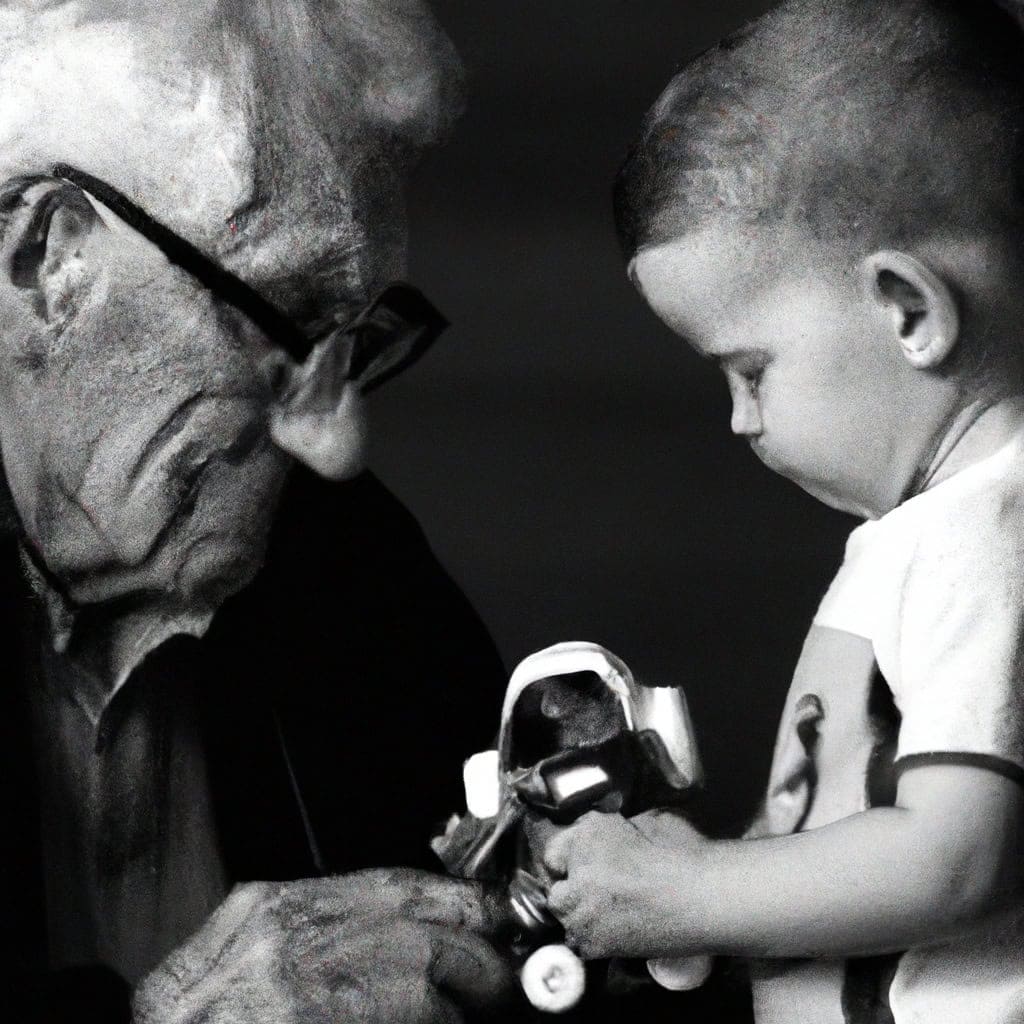
Some Typical End-Of-Life Situations
End-of-life scenarios can vary widely depending on factors such as the underlying illness, overall health, and personal preferences for care. Some of the common causes of death mentioned by the World Health Organization are :
1. Terminal Illness
Suppose your loved one suffers from a life-limiting illness such as cancer, advanced heart disease, or neurodegenerative condition. In that case, they may experience a gradual decline in health over time, with increasing symptoms and complications as the disease progresses.
2. Organ Failure
End-stage organ failure, such as liver failure, kidney failure, or respiratory failure, can lead to a rapid decline in health and function, often requiring palliative or supportive care to manage symptoms and maintain comfort.
3. Advanced Age
As we age, we may experience a gradual decline in health and function, leading to an increased risk of frailty, chronic illness, and complications that can contribute to end-of-life scenarios.

4. Sudden Illness or Injury
Sometimes, a sudden and unexpected illness or injury can lead to a rapid decline in one’s health and function, requiring urgent medical intervention and end-of-life care.
5. Dementia and Cognitive Decline
Seniors with advanced dementia or cognitive decline may experience a gradual loss of cognitive function and awareness, eventually reaching a stage where they require palliative or hospice care to manage symptoms and maintain comfort.
6. Withdrawal of Life-Sustaining Treatment
In some cases, our loved ones may have chosen to withdraw or withhold life-sustaining treatments such as mechanical ventilation, artificial nutrition, hydration, or cardiopulmonary resuscitation (CPR), leading to a natural decline in health and function as the body shuts down.
Regardless of the specific scenario, hospice care focuses on providing comfort, dignity, and support to individuals and their families during this challenging time.
Palliative and hospice services offered at Amy’s Eden Senior Care are focused on managing symptoms, addressing emotional and spiritual needs, and ensuring a peaceful and dignified end-of-life experience.
Signs and Symptoms of Approaching Death
In the days preceding death, the body often undergoes various changes as it approaches the end of life.
There are often subtle signs that can indicate when death is nearing, though it’s important to note that not all individuals will experience the same symptoms, and the timeline can vary widely. Some common signs that death may be approaching include:
Changes in Vital Signs
As the body begins to shut down, a decrease in blood pressure, heart rate, and body temperature may occur. This is felt especially on one’s hands and feet.
Loss of Appetite and Thirst
The person may not want to eat or drink and may have trouble swallowing.
Changes in Breathing
Breathing may become irregular, shallow, or labored, with pauses in breathing becoming more common.
Increased Fatigue and Weakness
The person may become increasingly tired and weak, spending more time sleeping or resting.
Changes in Mental Status
Confusion, restlessness, agitation, or withdrawal may occur as the body’s systems begin to fail. Often, people entering their final hours may have hallucinations.
Changes in Skin Color
The skin may become pale, cool, and mottled as circulation decreases.
Decreased Urinary Output
The person may produce less urine as kidney function declines.
Decreased Consciousness or Responsiveness
The person may become less responsive to stimuli and may eventually slip into unconsciousness.
Family members and caregivers can often sense when death is near because they have been observing these changes and consulting with healthcare professionals for guidance and support.
Supporting the Dying Person and Loved Ones
Standing by a loved one as death nears entails being ready to provide comfort, safeguard their dignity, and extend understanding, empathy, and compassion. This applies to the person nearing the end of life and their family and loved ones.
There are several different ways for you to support both the individual nearing their final days and their loved ones.
- Encourage open and honest communication between the dying person and other people they care for. Create a safe space for all to express their feelings, fears, and wishes. Be an active listener and provide emotional support by simply being present and attentive to the needs of the person and their loved ones.
- Respect the wishes and preferences of your beloved regarding their medical care, end-of-life decisions, and funeral arrangements. Leaving this world with dignity and in the way they wished for is another way to show them your love.
- Provide physical comfort by relieving pain, assisting with personal care, and creating a comfortable environment. Even if all you can offer is ice chips for the pain or an electrical blanket against the chill, your presence there will be reassuring.
- Offer to help with practical tasks such as meal preparation, household chores, and running errands to alleviate the family’s burden. Moreover, simple manual labor is a great way to give yourself time to process the feelings of loss and hopelessness.
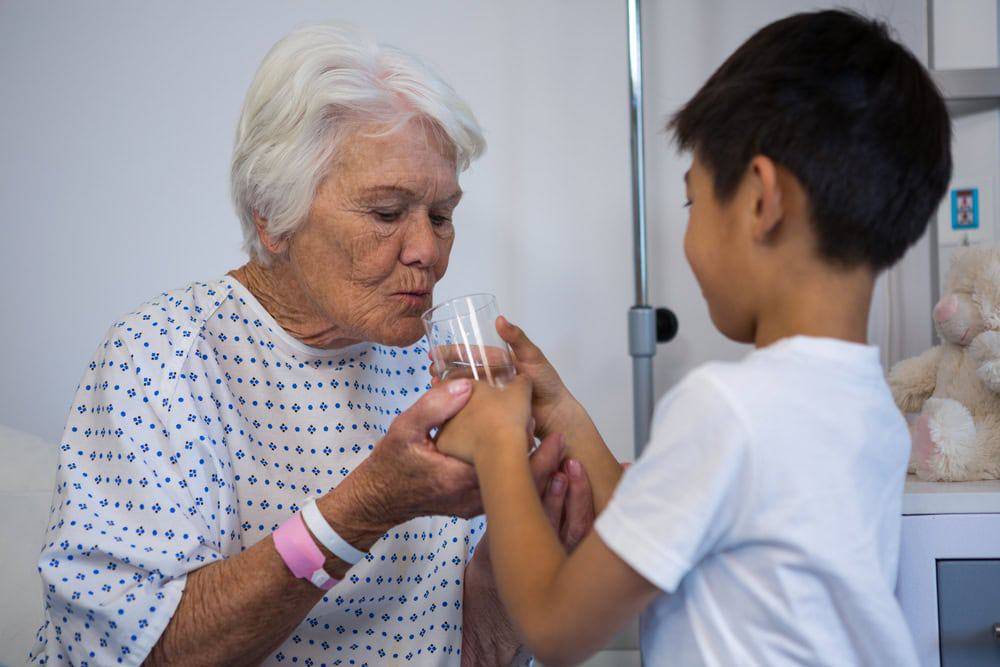
- Acknowledging feelings of grief, sadness, and anxiety by allowing space for them while providing reassurance and companionship can mean a lot to your loved one and the rest of the people around them. Additionally, sometimes, in their final days or hours, people may see or hear strange things. Holding their hand and being there for them as death nears may be worth more than a thousand words.
- Facilitate opportunities for your beloved to connect with other people they care for, whether through visits, phone calls, or video chats. Connecting people who are about to be separated and giving them a chance to say their goodbyes can make it a little bit easier for them to handle the death of a loved one.
- Honor your loved one’s and the family’s cultural and spiritual beliefs and offer support that aligns with their values and traditions. This can bring an additional layer of emotional comfort and inner peace to everyone.
+
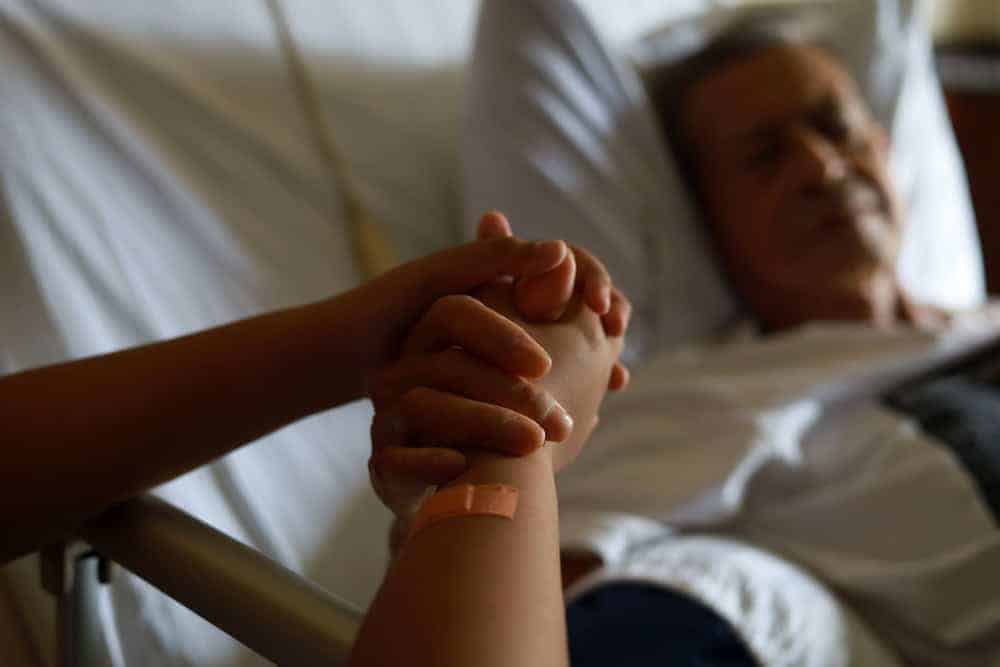
- Seek support from renowned end-of-life care professionals, such as Amy’s Eden Senior Care, as well as counselors or support groups for yourself and the rest of the family to help you cope with the challenges of caregiving and grief.
- Encourage your loved one and the whole family to enjoy life and treasure special moments together. This could mean doing things together, remembering good times, or making memories that will last.
The Role Of The Hospice Team
Hospice care professionals can tremendously alleviate the burden of someone with life-limiting illnesses in their final days by offering extensive support and comfort.
They prioritize quality of life, respecting the individual’s wishes and goals instead of pursuing aggressive medical treatments. This approach is aimed at creating a peaceful and dignified end-of-life experience.
Professional palliative and hospice caregivers can help with the following:
Pain and Symptom Management
Hospice teams specialize in managing pain and other distressing symptoms in people with advanced cancer, such as nausea, shortness of breath, and anxiety. They will work closely with your loved one’s medical team to ensure effective symptom control and maximum comfort possible.
Emotional and Spiritual Support
In addition to pain management, hospice care will address the emotional and spiritual needs of both your beloved and the rest of the family. This can include counseling, spiritual guidance, and opportunities for reflection and emotional expression.
24/7 Availability
At Amy’s Eden Senior Care, our hospice teams are available around the clock to provide support and assistance whenever needed, including evenings, weekends, and holidays. This ensures that your loved one has access to care and guidance whenever they need it most.
Assistance with Activities of Daily Living
Hospice aides can assist with activities of daily living, such as bathing, dressing, and grooming, to help patients maintain their comfort and dignity.
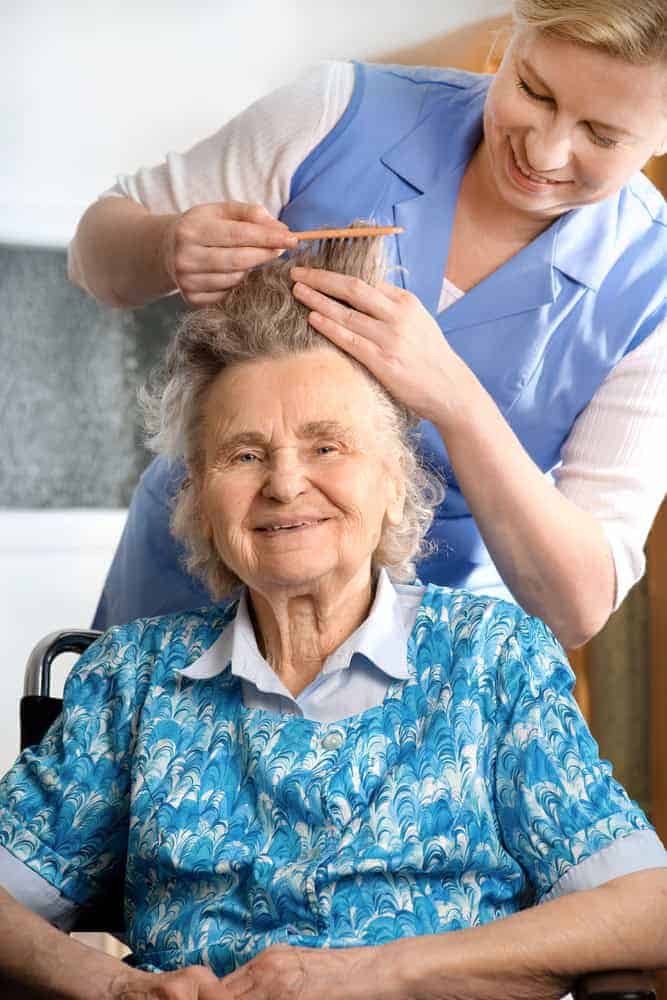
Respite Care
Hospice services may include respite care, which provides temporary relief for caregivers. This allows you or your loved one’s other caregivers to take a break from your responsibilities and recharge, knowing that your beloved is in capable hands.
Coordination of Care
Another important task that the hospice team carries out is coordinating care among various healthcare providers, ensuring that your loved one’s medical, emotional, and spiritual needs are addressed comprehensively. This can help streamline communication and avoid unnecessary interventions.
Family Education and Support
Hospice teams provide education and support to family members, helping them understand what to expect during the dying process and how to provide effective care and support to their loved one.
What To Do Immediately After The Death
Certain steps must be taken after a loved one’s passing to ensure dignity and fulfill legal and practical obligations.
These can help you navigate the immediate aftermath of a loved one’s death with clarity and respect, ensuring that their final wishes are honored and that you receive the support you need during this difficult time.
The following is a general checklist for you to consider.
- Notify Authorities: If the death occurs at home, contact emergency services or the local authorities to report it. If the person was under hospice care, notify the hospice team.
- Contact Loved Ones: Inform family members, close friends, and other relevant individuals about the death.
- Contact Healthcare Provider: If the person was under the care of a healthcare provider, such as a doctor or hospice nurse, notify them of the death.
- Arrange for Pronouncement: If your loved one has died outside of a medical facility, a medical professional will need to pronounce the person dead officially. If hospice care is involved, the hospice nurse can handle this.
- Consider Funeral Home Arrangements: Contact a funeral home or mortuary to make arrangements for the care of the deceased. They will guide you through the process and help with transportation and preparation for burial or cremation.
- Attend to Immediate Needs: Attend to any immediate needs of the deceased, such as closing their eyes, straightening their body, or covering them with a sheet or blanket. This is done out of respect and to maintain dignity.
- Handle Legal and Administrative Matters: Start gathering important documents, such as the person’s will, advance directives, and insurance policies. You may also need to obtain a death certificate and notify relevant authorities, such as the Social Security Administration.
- Consider Religious or Cultural Customs: If the deceased had specific religious or cultural customs or preferences, make a plan to honor these traditions in their final arrangements.
- Seek Support: Lean on family members, friends, or spiritual advisors for emotional support during this challenging time. Don’t hesitate to reach out for professional counseling or support groups if needed.
- Take Care of Yourself: Remember to prioritize self-care and allow yourself time to grieve. It’s okay to ask for help and take things one step at a time.
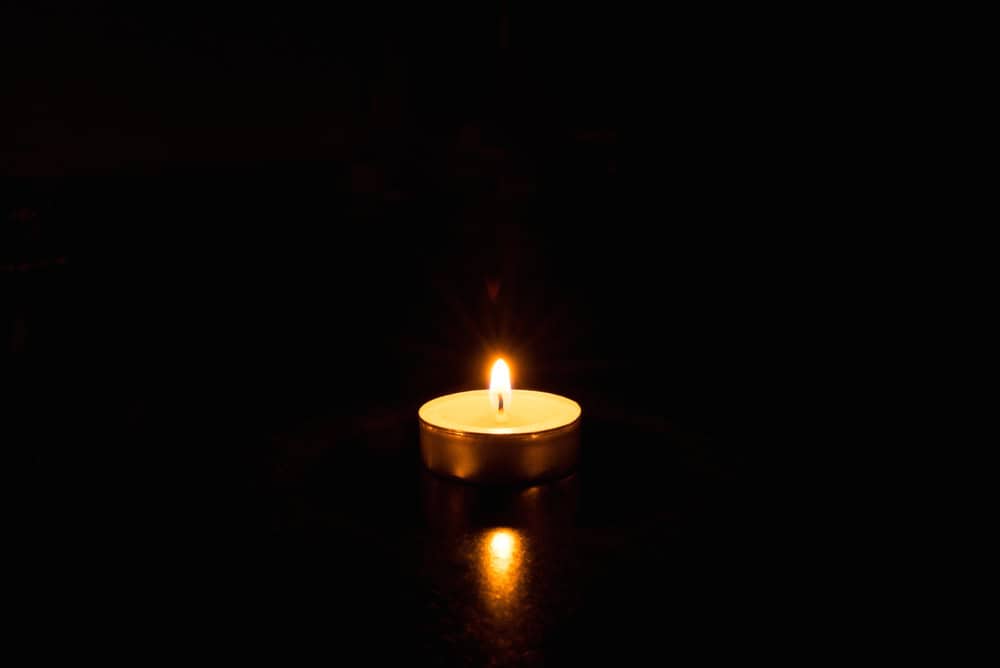
In Essence
The natural cycle of life and death often contrasts with society’s avoidance of the inevitable.
Experiencing the loss of a loved one can be traumatic, but being mentally prepared and aware of what to expect in their final days can help alleviate some of the anguish.
End-of-life scenarios can vary widely, but understanding common signs and symptoms can help prepare us for the inevitable.
Ultimately, to support the dying person and the rest of their loved ones, we need to be able to facilitate open communication, offer practical and emotional support, and respect their wishes and beliefs.
For comprehensive end-of-life support and comfort, hospice care such as Amy’s Eden Senior Care can help you and your families navigate the journey with compassion and dignity. Give us a call or contact us today, and let us be an ally during this difficult time.




